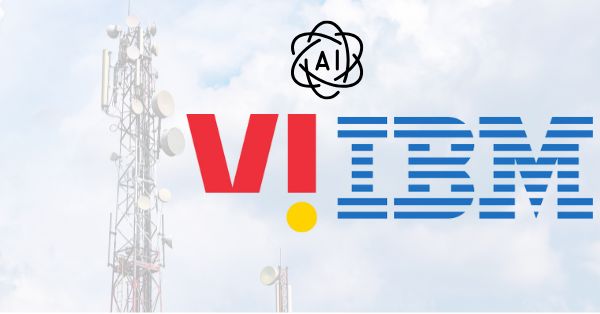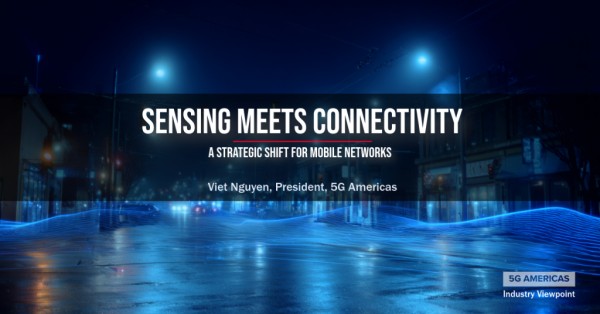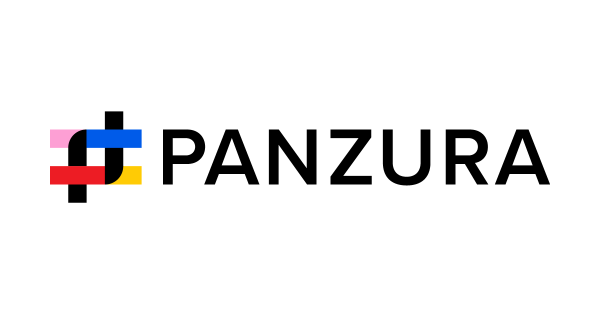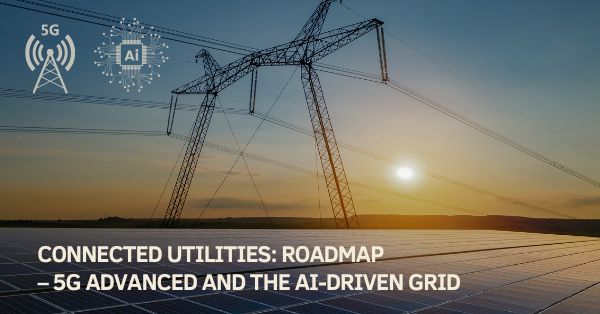Vodafone Idea and IBM Launch AI Innovation Hub for 5G Telecom
Vodafone Idea (Vi) and IBM are launching an AI Innovation Hub to infuse AI and automation into Vis IT and operations, aiming to boost reliability, speed delivery, and improve customer experience in Indias fast-evolving 5G market.
Scope: AI-Powered Managed Services and DevOps
The collaboration centers on AI-powered managed services and a unified DevOps execution model supported by automation. IBM Consulting will work with Vi to co-create AI solutions, digital accelerators, and automation tooling that modernize IT service delivery and streamline business processes. A dedicated hub will coordinate with cross-functional DevOps teams to embed AI into development and operations workflows, targeting faster release cycles and more resilient services.
Market Context: 5G Growth and Digital Demand in India
Indias telecom sector faces surging data traffic, nationwide 5G rollouts, and rising digital expectations from consumers and enterprises. To compete with scale players, operators need to compress time-to-market, raise service quality, and lower operating costs. AI-enabled operations (AIOps), coupled with disciplined DevOps and automation, have become table stakes to hit these goals at scale.
Decade-Long Alliance Shifts to Product-Centric, SRE-Led Model
Vi and IBM extend a partnership spanning more than a decade into a focused AI and DevOps program. Beyond tooling, the move signals a shift in operating modeltoward product-centric teams, SRE-style practices, and data-driven decisioning. IBM brings global accelerators, partner ecosystem access, and experience modernizing telecom IT stacks; Vi contributes domain context, customer scale, and a 5G footprint across 17 circles.
How AI, AIOps, and DevOps Transform Telcos
The initiative illustrates how AI and automation can reshape telco IT and managed services while laying groundwork for 5G-era revenue streams.
Evolving to Outcome-Based AIOps and SRE
Traditional outsourced IT is giving way to outcome-based, AI-augmented operations. Expect broader use of incident prediction, automated remediation, change risk scoring, and dynamic capacity management. When tied to SRE practicesSLOs, error budgets, and runbook automationoperators can reduce MTTR, cut alarm noise, and stabilize critical customer journeys.
OSS/BSS Modernization with Cloud-Native and Open APIs
Unified DevOps across OSS/BSS enables faster rollout of plans, bundles, and digital journeys. Cloud-native architectures, microservices, and API-first integration aligned with TM Forums Open Digital Architecture and Open APIs can decouple change, lower integration effort, and improve partner onboarding for fintech, content, and enterprise services.
AI-Driven Personalization and 5G Enterprise Services
AI can power real-time personalization, proactive care, and churn prevention to lift ARPU and reduce service costs. On the enterprise side, automation-ready platforms are prerequisites for advanced offerings such as private networks, edge analytics, and SLA-backed services aligned to 5G capabilities. An AI-centric IT core becomes foundational for those plays.
Key Technologies: AIOps, DevSecOps, Hybrid Cloud, Data Governance
Vis hub highlights a pragmatic stack: AIOps, DevSecOps, hybrid cloud, and strong data governance to operationalize AI safely at scale.
AIOps and Full-Stack Observability for Resilience
AI-driven anomaly detection, causal analysis, and noise suppression across logs, metrics, and traces can stabilize complex environments. Correlating IT signals with customer and network KPIs allows prioritization by business impact and supports self-healing runbooks for common failure modes.
DevSecOps Pipelines and Platform Engineering
Standardized pipelines, policy-as-code, GitOps, and golden paths reduce variance and speed compliant releases. A platform engineering layerself-service environments, secure software supply chain, and automated testingshortens lead time while improving auditability.
Hybrid Cloud with Containers and Service Mesh
A consistent hybrid platform, often anchored by container orchestration and service mesh, helps run workloads across data centers and public clouds with portability. IBMs hybrid cloud stack and Red Hat technologies are commonly used by telcos for regulated, high-availability environments and can support network-proximate compute for low-latency services.
Data Fabric, Governance, and Model Risk Controls
AI at scale needs governed, discoverable data and robust model lifecycle controls. Expect emphasis on lineage, consent management, and monitoring for bias and drift. Compliance with Indias Digital Personal Data Protection Act and sector guidance requires clear guardrails for customer data and AI usage.
Execution Risks, KPIs, and Change Management
Outcomes will hinge on disciplined change management, integration rigor, and a sharp focus on measurable KPIs tied to customer impact and cost.
Upskilling for SRE, MLOps, and Platform Engineering
Shifting to unified DevOps and AIOps demands new roles and ways of working. Upskilling in SRE, MLOps, and platform engineering, combined with product-based funding and shared SLOs across IT and business, is critical to sustain velocity.
Tackling Legacy Debt with APIs and Strangler Patterns
Legacy stacks, fragmented data, and bespoke integrations can blunt AI benefits. A staged de-risking planAPI enablement, strangler patterns for monoliths, and reference architecturesreduces disruption while delivering incremental wins.
KPIs: Release Frequency, MTTR, Automation Coverage
Track release frequency, change failure rate, incident volume and MTTR, automated remediation coverage, and percent of toil eliminated. Tie operations metrics to business outcomes: app performance SLO attainment, NPS/CSAT, digital sales conversion, first-call resolution, and opex per GB.
Action Plan for Telecom CIOs and CTOs
Leaders can use this blueprint to prioritize high-return AI use cases, industrialize DevSecOps, and harden data and model governance.
Prioritize High-ROI AIOps and CX Use Cases
Start with incident prediction and ticket triage, proactive care for top customer journeys, and contact center intelligence. These typically deliver rapid savings and measurable CX gains, creating momentum for broader transformation.
Adopt Product-Centric Teams with SRE and Shared SLOs
Organize around business capabilities with clear ownership, shared SLOs, and error budgets. Build reusable platforms for CI/CD, observability, and security to scale best practices across domains.
Adopt TM Forum ODA/Open APIs and Open Ecosystems
Leverage TM Forum ODA/Open APIs for interoperability and partner onboarding. Use reference architectures for hybrid cloud and data governance. Engage ecosystem partnershyperscalers, ISVs, and integratorsto accelerate delivery while avoiding lock-in through open interfaces.
Bottom Line: AI-First Operations for 5G Competitiveness
Vis AI Innovation Hub with IBM signals a pragmatic shift toward AI-first operations and unified DevOps in Indian telecom, with clear implications for speed, resilience, and customer value.
Why This Signals a Shift in 5G Telecom Operations
As 5G scales and digital expectations rise, operators that industrialize AI and automation within a disciplined operating model will widen the gap on experience, cost, and innovation cadence; this partnership is a concrete step in that direction.



























